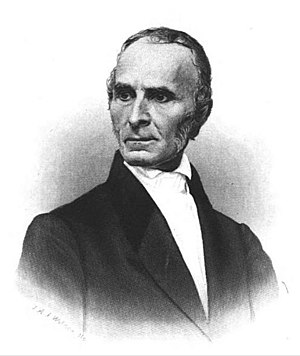I am continuing to sort through the responses to my piece in Christianity Today. It is a gift to have thoughtful readers who have interacted with the piece, but also a bit intimidating. The quality of the responses exceeds that of the original piece and the discussion has gone a good deal further than I had hoped. I would like to be able to duck and run from all the critiques, but that’s never been my style.
Login to read more
Sign in or create a free account to access Subscriber-only content.
Topics:
